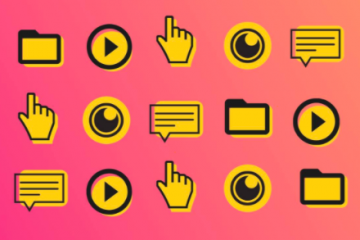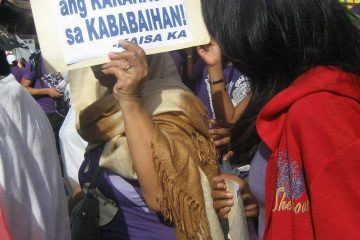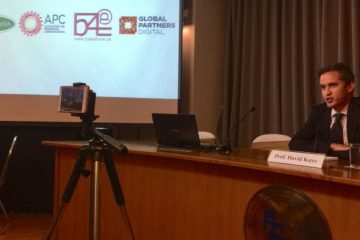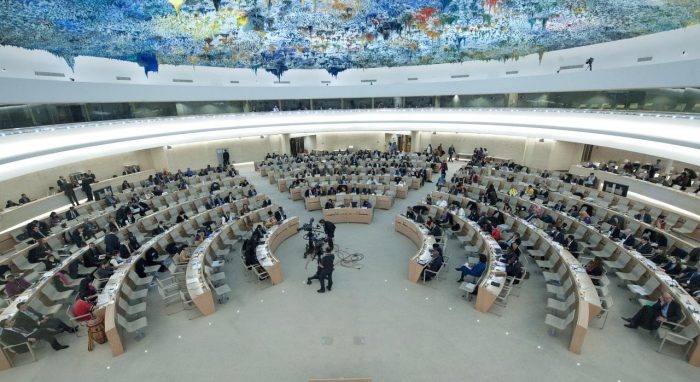#HijaAko and what the current data map on online gender-based violence in the Philippines is telling us
Digital, mobile, and social media have become indispensable to Fiipinos’ every day lives. We are heavy engagers of online media, spending around four hours and 12 minutes on different social media platforms and ten hours and two minutes on being online. Now that the country is facing health crisis, more Read more
This Day in #Herstory: Domestic violence is not just a family issue
Domestic violence is one of the major manifestations of gender-based violence in the Philippines. With unequal power relations reinforced by political, socio-cultural, and societal structures, men continue to reinforce their dominance unto women, even with the use of brute and physical force resulting to gender-based violence perpetuated in the four Read more
When it comes to internet rights in Asia, where is the wind blowing?
Our Executive Director Liza Garcia actively joined in the recently concluded Regional Consultation on the State of Freedom of Assembly, Association, Expression and Religion on the the Internet in Asia. Below is the summary of discussions and takeaways shared by Sheetal Kumar (GPD), Geetha Hariharan, Pavitra Ramanujam (APC), Gayatri Khandhadai Read more
3rd Cycle of the Philippines’ Universal Periodic Review (UPR)
The holding of the third cycle of the Philippines’ Universal Periodic Review (UPR) that took place on May 8, 2017 was notable for the FMA. Last year, FMA submitted two reports – one with Privacy International highlighting privacy rights in the country, and the other with the Association for Progressive Communications Read more
Women’s Rights Online: Digital Gender Gap Audit Officially Released
On September 12, 2016, World Wide Web Foundation officially announced and released the report cards that assess progress on closing the digital gender divide in ten countries:Ghana, Kenya, Mozambique, Egypt, Nigeria, Uganda, Colombia, India, Indonesia, and the Philippines. The Gender Program of Foundation for Media Alternatives led the Philippine process. The Read more
Pre-event: Safe Cities Hackathon
The Safe Cities Metro Manila Programme is part of a global initiative of UN Women, joined by over 24 cities around the world that aim to improve women’s safety as they move about in the highly urbanized cities. Here in the Philippines, Quezon City is the first in the country Read more




